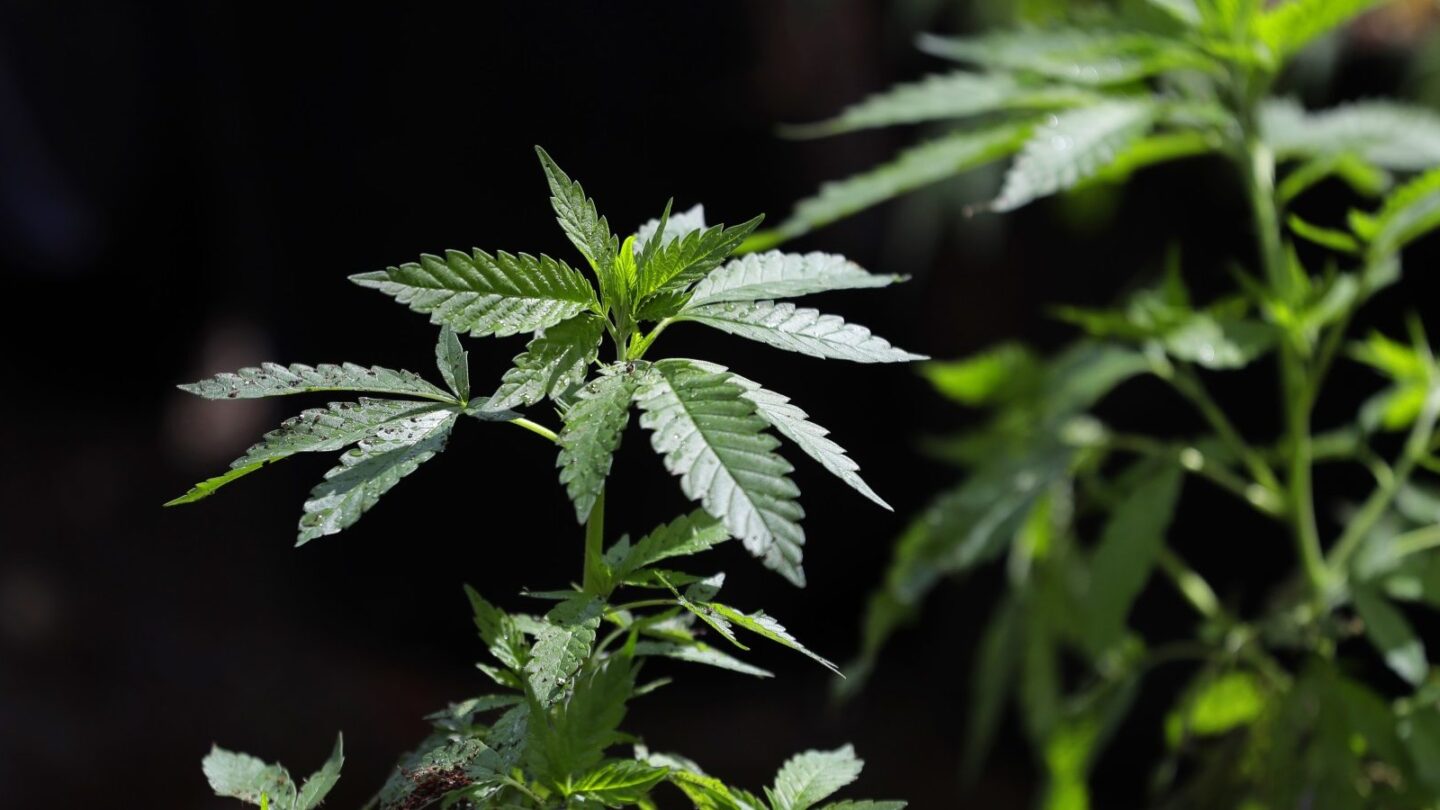The number of Georgians with cards allowing possession of medical cannabis has soared more than 70% in one year.
Currently, 14,511 people in Georgia have permission to possess ‘‘low THC oil,’’ officials of the state’s Department of Public Health said this week. That’s up from 8,402 about a year ago.
THC is the psychoactive ingredient in marijuana, the one that gives users a “high.”
The increase in cardholders comes despite the fact that it’s currently illegal to bring medical marijuana into the state.
Since 2015, Georgia has allowed people with several medical conditions to possess the oil, and it maintains a list of “permitted conditions” that can qualify a patient to do so.
Last year, the state Legislature approved a bill allowing production and sale of medical marijuana in Georgia.
A new commission has been formed to figure out how to produce or import the low THC oil.
The leading health condition among cardholders is “intractable pain,’’ which was added to the list of permitted conditions in 2017. That’s followed by peripheral neuropathy, cancer, seizures, post-traumatic stress disorder, multiple sclerosis, autism and Crohn’s disease.
Chris Rustin of the Department of Public Health said Tuesday at the agency’s board meeting that the new medical marijuana cards have enhanced security features. He said the agency is producing up to 500 cards per month.
Georgia’s medical marijuana law allows qualified patients to legally possess up to 20 fluid ounces of low THC oil, derived from the marijuana plant.
Colin Smith, clinical assistant professor in Georgia State University’s School of Public Health, said Wednesday that the increase in Georgia cardholders probably reflects current pain management practices.
“Physicians are moving away from prescribing opioids,’’ Smith said. Doctors are seeing low THC oil as an “alternative solution’’ to opioids, he said, even though it’s illegal to import the product into Georgia.
Currently almost 1,000 physicians have registered to prescribe medical marijuana in Georgia.
The new commission is tasked with developing the rules, regulations and licensing process to go with the 2019 Georgia law that authorizes medical cannabis cultivation.
The law will allow up to six licensed companies to grow cannabis in secure greenhouses and manufacture a liquid that’s low in THC.
The liquid will be available via some number of retail locations to Georgians who have a medical cannabis card, according to an article in SaportaReport.
Longtime advocates of medical cannabis, such as patients and their families, were also in the audience at the commission’s December meeting. They included Shannon and Blaine Cloud and their 14-year-old daughter Alaina, who takes medical cannabis oil to treat a severe seizure disorder.
Shannon Cloud told GHN on Wednesday that people currently “have to be creative’’ to obtain the oil, adding that this “involves risks” of running afoul of the law.
“We need a way to purchase the oil in Georgia” legally, she said.
Cloud, a Smyrna resident, said she’s optimistic that Georgia will set up a system for people to get medical marijuana here. “It’s frustrating [that] it’s taking a while to get it going,’’ she said.
But once the system is in place, she added, “I think the [cardholder] numbers will increase a lot.’’
Andy Miller is editor and CEO of Georgia Health News







